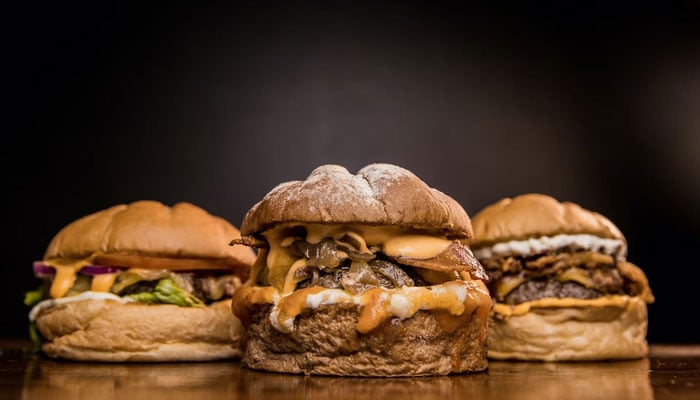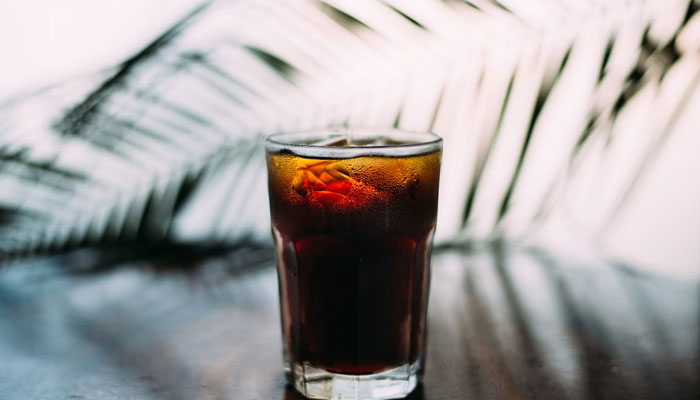Which food increases the chances of anxiety and depression?
People usually do not care what they are eating and how different foods affect their mental health. Commonly some foods lead to gastrointestinal problems, some cause cardiovascular diseases, and some may have a distinctive effect on the biochemistry of the brain.
We will tell you which food increases the chances of anxiety and depression so that you could avoid them and live a healthy life. And additionally, if you are consuming any of such food, you should do it moderately in order to avert any harm to your mental health.
Caffeine
People suffering from anxiety may witness their issues exacerbated by too much caffeine intake, reported HuffPost.
“If a person is prone to feeling anxious or has multiple stressors, know that over-caffeination causes an increased cortisol response and can lead to adrenal fatigue, a recipe for persistent stress and burnout, not to mention sleep issues,” said licensed clinical psychologist Dr Brittney Jones.

According to research, more than 250 milligrams of caffeine consumption may worsen anxiety.
For those who get jitters or anxiety spikes from coffee, consuming caffeine in the form of matcha can be a good alternative as it gives many a feeling of calm alertness.
Diet soda
According to a board-certified psychiatrist Jacques Jospitre Jr, “everyone loves a cold diet soda on a warm summer day, but the health concerns outweigh the benefits.”
“While we know high-sugar sodas aren’t great for our health, diet sodas might actually be even worse. Many of these contain phenylalanine, which is an added chemical well-known to mess up brain neurochemistry by stopping the proper production of serotonin and dopamine, two molecules we need for good mood.”
Jospitre also said: “Additionally, these drinks have artificial sweeteners like aspartame, which is a known neurotoxin and may raise stress hormones like cortisol, as well as increase the amount of free radicals in the brain.”
Processed
Aura De Los Santos, a clinical and educational psychologist, maintained that when she consumes certain processed foods — in her case, pancake mix from the grocery store — it increases her anxiety.
“One food that raises my anxiety peak is the box of pancake flour from the supermarket,” she said.

“At breakfast time, I enjoy eating pancakes, but I have seen how my body becomes inflamed and how this generates anxiety when I eat these pancakes over two consecutive days. I have trouble concentrating, my mood changes, and I don’t feel calm. Bloating is very uncomfortable, and this negatively affects my mental health.”
The ultra-processed foods transform bacteria in the gut which interact with our immunity and cause chronic inflammation.
Sugary and starchy
According to a 2015 study by the American Journal of Clinical Nutrition, sugary and starchy foods could contribute to depression.
A licensed clinical social worker Jason Phillips, said: “I will not eat candy like Tootsie Rolls or candy corn.”

“This Halloween-type of candy is very sugary, and sugar increases inflammation in the body, which is related to depression.”
Sugars taken from fruits are different compared to artificial sweeteners and another study indicated that those who snack on fruits are actually less likely to report symptoms of depression.




